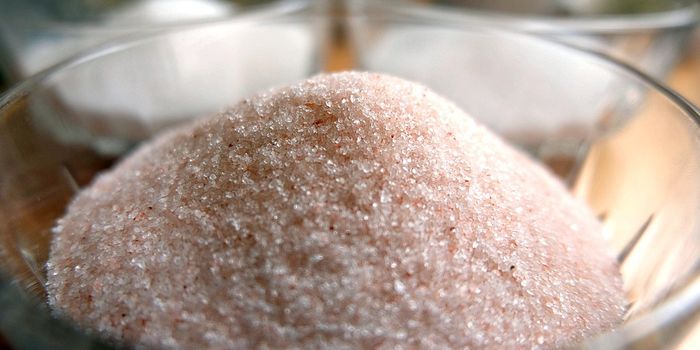Refocusing Smooth Muscle Cells to Prevent Heart Attack
The same cells that help arteries contract and relax to push blood to the heart and brain fall victim to malfunctioning, often in cases of metabolic disease like obesity and diabetes. Scientists from the University of Missouri-Columbia recently identified an experimental drug to combat malfunctioning heart cells, but they also acknowledge that only so much can be done to combat disease in a human body plagues with high cholesterol, smoking, and other risk factors for cardiovascular disease.
For the thousands of Americans that die every day from heart attacks and strokes, the problem is usually due to blocked blood vessels that prevent the flow of oxygen and nutrients via blood to the heart and brain. During a recent study, scientists discovered a protein inhibitor drug that prevents vessels from becoming blocked in the first place, introducing a new therapeutic approach to prevent heart disease.
Senior author of the recent study, Dr. William Fay, described arteries as “living hoses that narrow and enlarge in order to regulate blood flow to organs and muscles.” With a little help from smooth muscle cells, the constriction and relaxation pumps blood carrying nutrients and oxygen to the brain, heart, and other important organs of the body.
Smooth muscle cells tend to misbehave sometimes though, especially as a result of chronic inflammation from diabetes, high cholesterol, cigarette smoking, or a combination of these and other risk factors for cardiovascular disease. In this case, smooth muscle cells begin to aggregate in the arteries instead of helping them constrict and relax. This often results in vessel blockages that can cause a heart attack.
Fay and his team focused on a naturally occurring protein called plasminogen activator inhibitor 1 (PAI-1); it is found in the blood vessels and appears to control migration of smooth muscle cells to the arteries. Diabetes, obesity, and other metabolic diseases cause an over-accumulation of PAI-1 in the blood vessels: natural arteries as well as in vein grafts given to patients via coronary artery bypass graft (CABG) surgery.
The researchers also investigated PAI-039, also known as tiplaxtinin, which works against PAI-1 by inhibiting the migration of cultured human coronary artery smooth muscle cells. PAI-039’s activity prevented the development of blockages in arteries and bypass grafts in Fay’s studies in mice .
The experimental drug reduced blockage formation by nearly fifty percent, which Fay said is a “powerful effect in the models we used. In addition to reducing vascular blockages, inhibiting PAI-1 also produces a blood thinning effect that prevents the blood clots that trigger most heart attacks and strokes.”
In the future, PAI-039 could work as a preventative treatment for protection from dangerous blockages in the arteries and bypass grafts. However, Fay remains realistic about the drug’s potential to prevent disease. “I don’t think there will be any one ‘magic pill’ that prevents arterial diseases, especially for those with other high-risk conditions,” he said. “However, perhaps someday a PAI-1 inhibitor can be used in combination with other approaches such as proper diet and exercise, aspirin, and cholesterol medications to prevent blood vessel blockages and reduce heart attack and stroke risk.”
Fay's study was recently published in the journal Arteriosclerosis, Thrombosis, and Vascular Biology.
Source: University of Missouri-Columbia, American Heart Association









